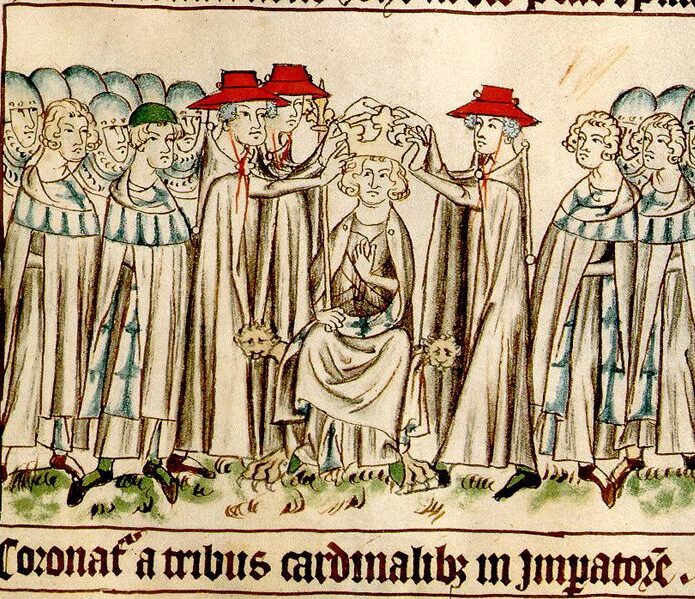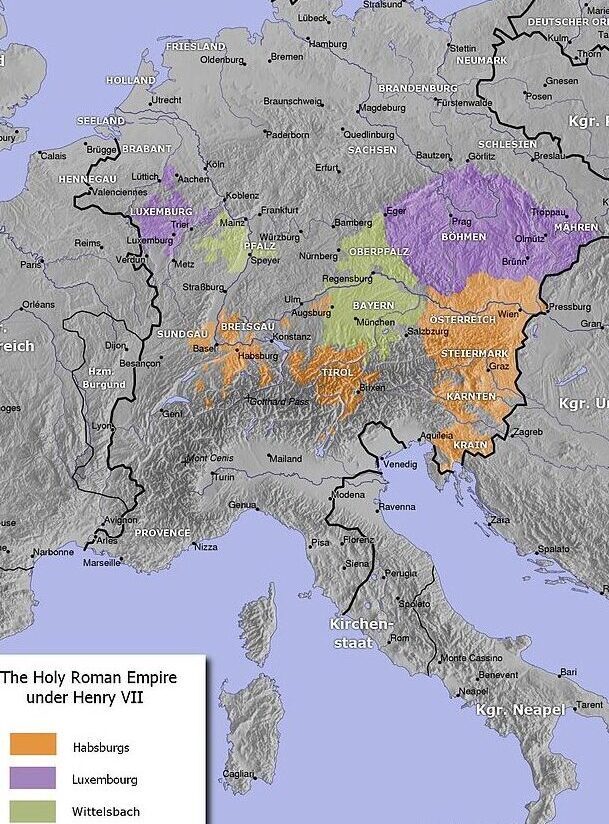Puberty
Henry the Blind’s only daughter Ermesinde took over after 1196 and ruled until 1247 with her reign characterized by her effective administration, her efforts to promote religious life through the foundation of monasteries and her wise decision to grant several charters of freedom to a number of towns that eventually increased her country’s prosperity.
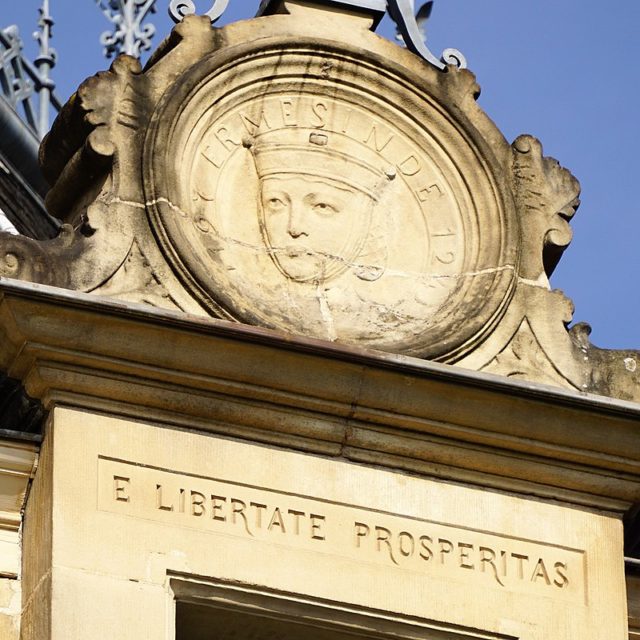
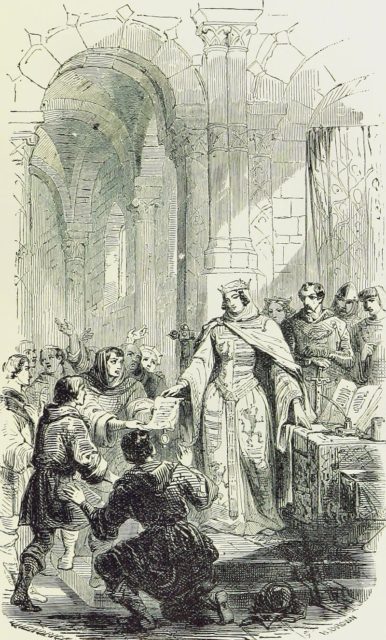

Ermesinda’s wedding with Waleran III from the House of Limburg-Arlon in 1214 laid the foundations of the rise of the Luxembourg dynasty and the transformation of Luxembourg City into an epicenter of a state with strategic importance in central Europe.
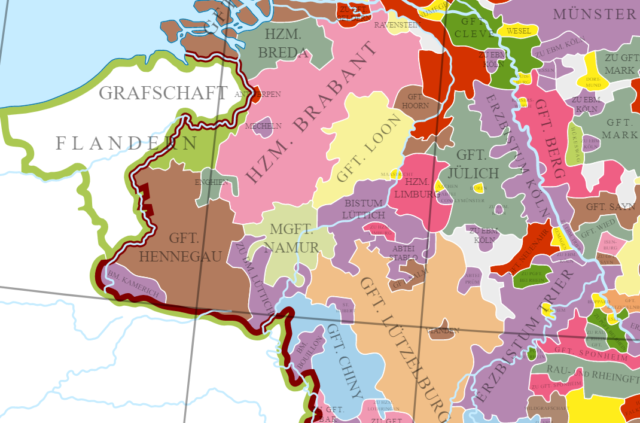
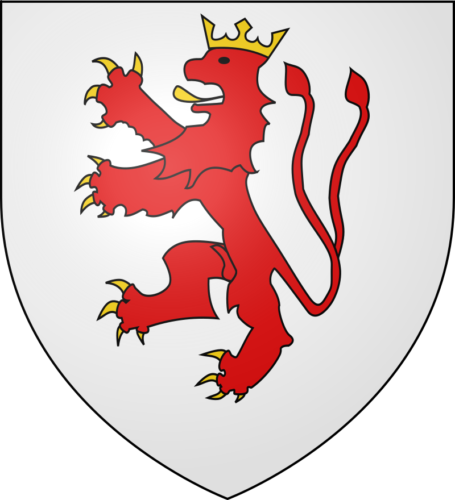
Ermesinde’s grandson Henry VII, born in 1273, had been raised at the French court and although he had agreed to become a French vassal under the protection of Phillip IV of France, he later antagonized with the French contender for the Crown of the Holy Roman Empire which he finally managed to acquire in 1312, 4 years after his crowning as a German King.
